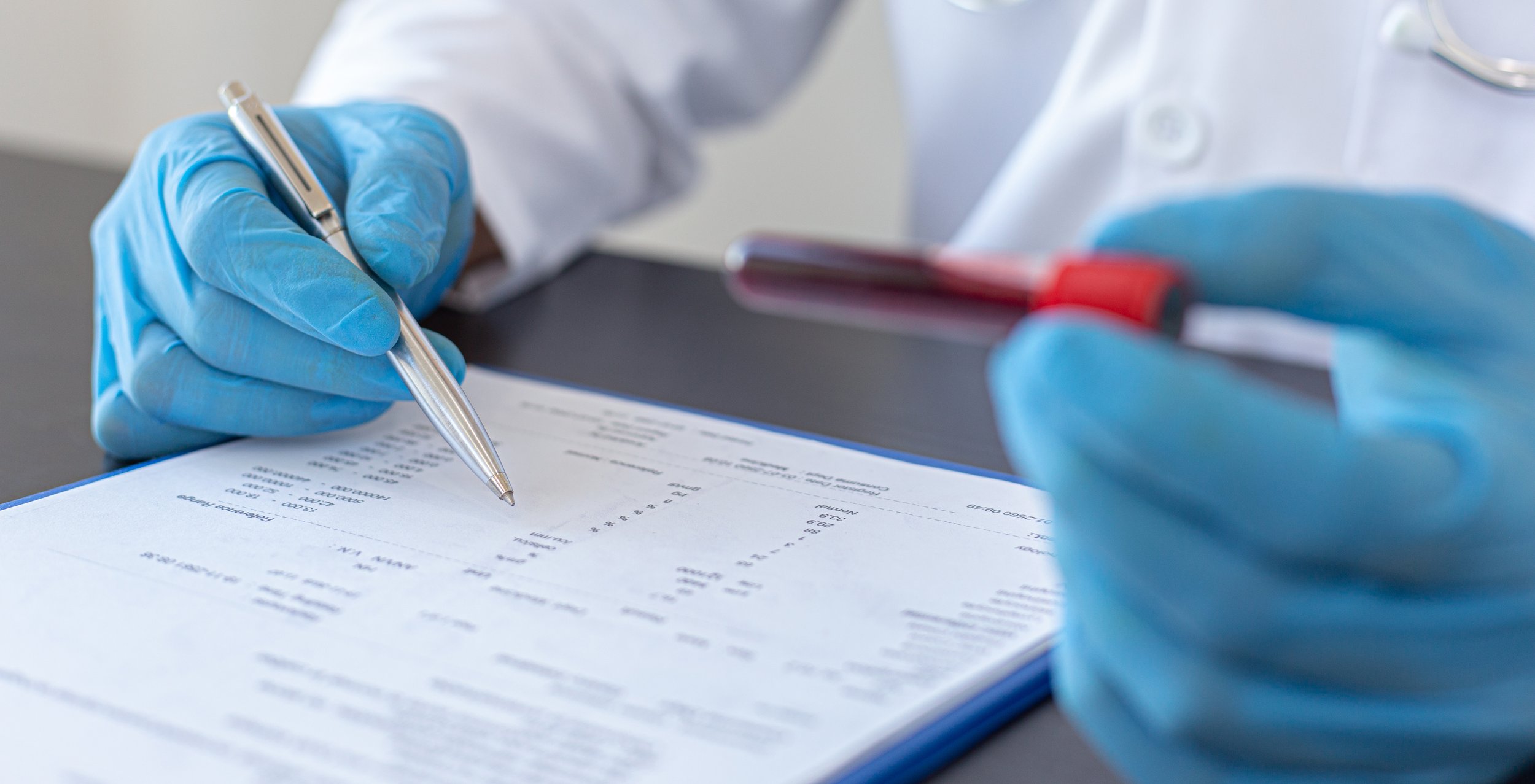
From Data to Discovery: How Your Health Info Helps
Every time you visit your doctor, get a lab test, or fill a prescription, you're doing more than just managing your health. You're contributing valuable information to a vast network of medical knowledge that drives breakthrough discoveries and improves care for millions of people worldwide. Your health data is quietly powering some of medicine's most important advances, and understanding this connection can help you see the broader impact of your healthcare journey.

Patient Power: The Missing Link in Research
Medical research has always been about patients—yet for decades, patients have been the passive recipients of research rather than active partners in it. This fundamental disconnect has created a crisis that's slowing scientific progress and limiting the potential for breakthrough discoveries.

Breaking Down Barriers to Clinical Research Participation
A staggering statistic haunts the medical research community: only 9% of patients have ever been asked to participate in clinical research. This means that 91% of individuals who could potentially contribute to medical breakthroughs never get the opportunity. The implications extend far beyond missed individual opportunities—this participation gap fundamentally limits the pace of medical discovery and creates research populations that don't reflect the diversity of real-world patients.

The Economics of Ethical Research: Why Fair Compensation Benefits Everyone
The traditional model of medical research has long operated on an assumption that participation in studies is primarily motivated by altruism—that individuals contribute their time, data, and biological samples purely for the greater good of advancing medical knowledge. While altruistic motivation certainly plays a role, this perspective overlooks a fundamental reality: research participants provide valuable contributions that deserve fair recognition and compensation.

Democratizing Medical Research: A New Era Begins
In the vast landscape of medical innovation, one critical bottleneck has persistently challenged progress: the gap between researchers who need access to patients and data, and individuals willing to participate in advancing medical knowledge. Today, we stand at the threshold of a transformative shift that promises to bridge this divide and usher in a new era of democratized medical research.
